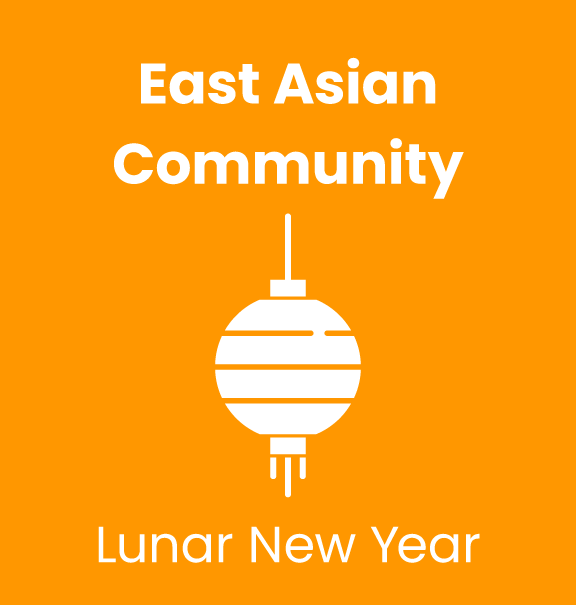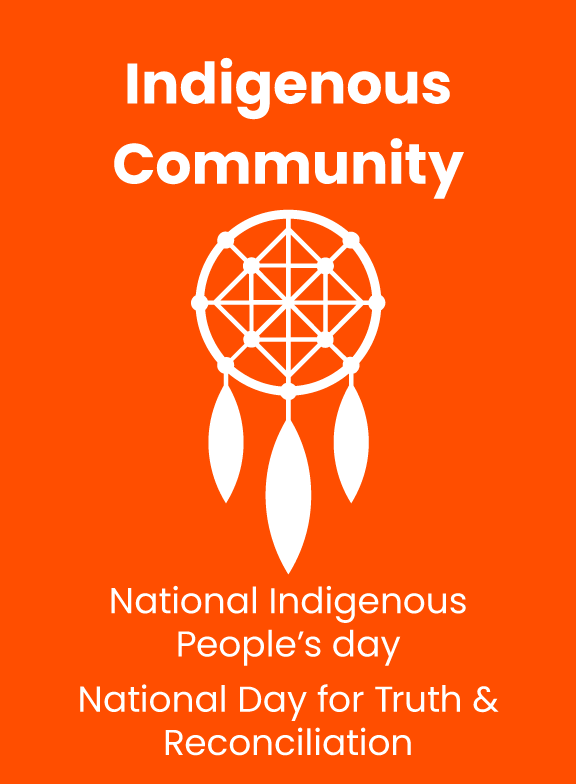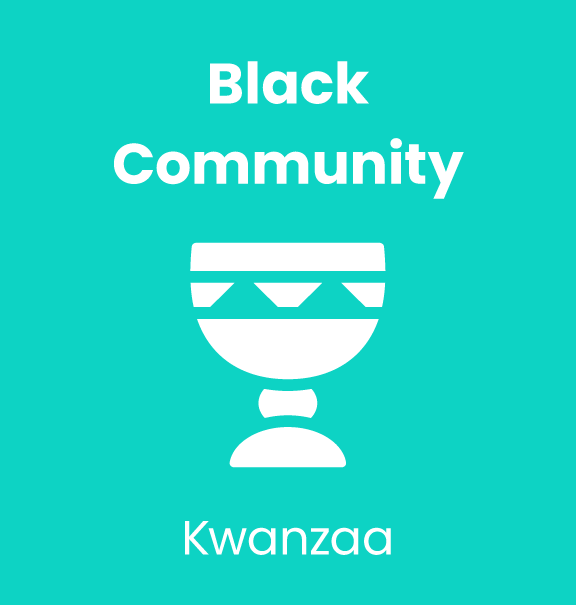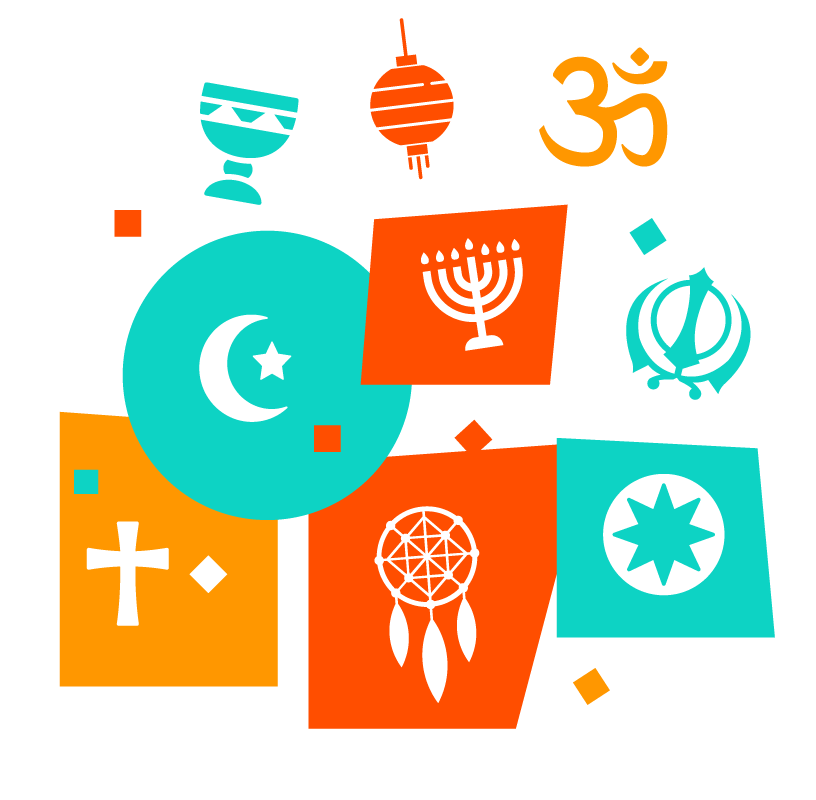There is no doubt that we all want to improve inclusion and fight racism in our community. But where do we start and how do we do it with intention and impact? #CelebrateEverything is an initiative that provides the solution, based on principles of public health and positive psychology!

What is #CelebrateEverything?
Shifting our culture to be truly multicultural is so much easier than we think. Click on the titles below to find out how.
Assets for LicenseesHere’s how...
Through celebration of the holidays and observances of all Canadians and Americans we can ensure that citizens from all communities across Canada and the US are represented in our culture. #CelebrateEverything provides a list of 10 significant cultural celebrations and observances that we can acknowledge, learn from and….celebrate! These 10 holidays and observances are umbrellas that cover all communities in one way or another to ensure we are including everyone. It is a sure-fire way to support those from marginalized ethno-cultural communities towards greater inclusion and equity, but also gives us the gift of becoming more informed and educated about our neighbours, truly creating community and, changing “them”, into “us”.
Did you know...
Research about bias, the root of most racism, confirms that a majority of people across Canada and the United States are more likely to believe that people who are White are local and people of color (those from the global majority) are foreign. We also know that biases tend to promote stereotypes of xenophobia and even see some groups of people from ethnocultural communities as more likely to be challenging of “Western values”. The core problem is we do not see some people as a part of our local communities. Changing these biases means redefining who we see as part of our community and the holidays we celebrate as a part of local community reflects who we truly see as local. If we don’t #CelebrateEverything, people who should be neighbors and friends are forced to give up their community and cultural holidays to adopt those from Christian or Eurocentric based traditions or prioritize the holidays of a majority over their own. As a result they are not included in a society and local culture that should be theirs, and this develops a hierarchy between people and cultures which none of us want.
What this means for you...
By integrating the list of holidays provided by Lead with Diversity Inc. that reflects ALL Canadian and American communities into your annual organizational, corporate and community calendars, you begin to #CelebrateEverything and lead the shift towards adjusting biases and seeing people of color and those from cultural communities as a part of you local community, because… they have always been!
This is achieved through redistributing social capital of celebrating holidays such as Christmas or similar “Western holidays” (based on White, Christian, or Europocentric traditions) to acknowledge all people and communities that make up a broader more diverse and dynamic modern society we live in today.
This is valuable to both internal functioning of inclusive workplaces, but also serves as valuable to the community those organizations and businesses are a part of and do business with. And when it comes to your most valuable asset, be it students, volunteers, staff, or your customers, research confirms that inclusive workplaces produce 83 percent uplift in productivity and innovation1. Businesses in the top quartile for ethnic and cultural inclusion were also 36% more likely for increased profitability than companies in the bottom quartile2, suggesting inclusion not only improves team functioning, it improves marketing and sales. In schools and workplaces, improved ethnic and cultural inclusion also improves prosocial behaviors3. The icing on the cake is that you gain all this while being a community leader, improving true inclusion in your organization, classroom and larger community.
Most importantly, #CelebrateEverything allows your community and workplace to be self-reparative through celebration and positive psychology. It promotes conversation, learning and growth through simple foundational understanding that helps us see community in people we otherwise believed were different from us. Though ongoing education and training are always important, learning about each other through celebration helps us focus on the positive, while sustaining justice through equality building a truly multicultural workplace and community.
Here’s an example of what employees who work one of our partners had to say about their organizations commitment to #CelebrateEverything.
“Something that Folklorama is doing that I truly value and inspires me in the workplace is our commitment to #CelebrateEverything. It’s part of overall employee wellness.”
What to do...
Our goal is simple: Build a community of like-minded individuals, organizations and educational institutions who will empower and widely share the concept of inclusion through #CelebrateEverything. By signing up to be a part of this powerful and growing initiative, you will be recognized as a formal partner of #CelebrateEverything and have access to the following benefits to promote the message of true equality, inclusion and multiculturalism:
- Corporate logo or listing on the Lead with Diversity website.
- Annual calendar of holidays and observances you need to celebrate that will also provide guidance on how to organize events, meetings, or sales-drives while taking into account the cultural celebrations of your staff, students, volunteers and clients.
- This calendar will include a list of all holidays recommended to include by our team, and the meaning behind each celebration and/or observance. This includes appropriate phrases, what to do and what not to do to ensure employees and customers feel increasingly included, appropriate decorations (if any) for celebration, and what to do to be a part of the joy!
- Digital Assets that include the use of our trademarked logo, branded #CelebrateEverything graphics and email signatures that you can use for signage, socials and any advertising to enhance inclusion and promote business to those who are celebrating.
- An annually revised Human Resources plan with recommendations and suggestions to adjust your holiday and time off policy to ensure people celebrating holidays important to them have that time to spend off, in the same way we’ve all been offered time off for Eurocentric or Christian based holidays such as Christmas.
- Priority access to expert consultation from Lead With Diversity Inc. to build on or create additional pathways to inclusion within your organization.
Sign me up!
In our effort to ensure greater inclusivity and removal of barriers to those most in need, we are offering structured partnership fees to reflect vast differences among our community partners. This includes FREE affiliate partnership to all schools.

Holidays to Include, Celebrate and Observe in a Multicultural Calendar
Religious Holidays & Religious Holidays Celebrated Culturally
The focus will be to include holidays listed below as they are not currently represented. Including different cultural aspects to already celebrated holidays is easier to do, and we do some of this already. Holidays below are where we need to place our focus to increase equity and inclusion.
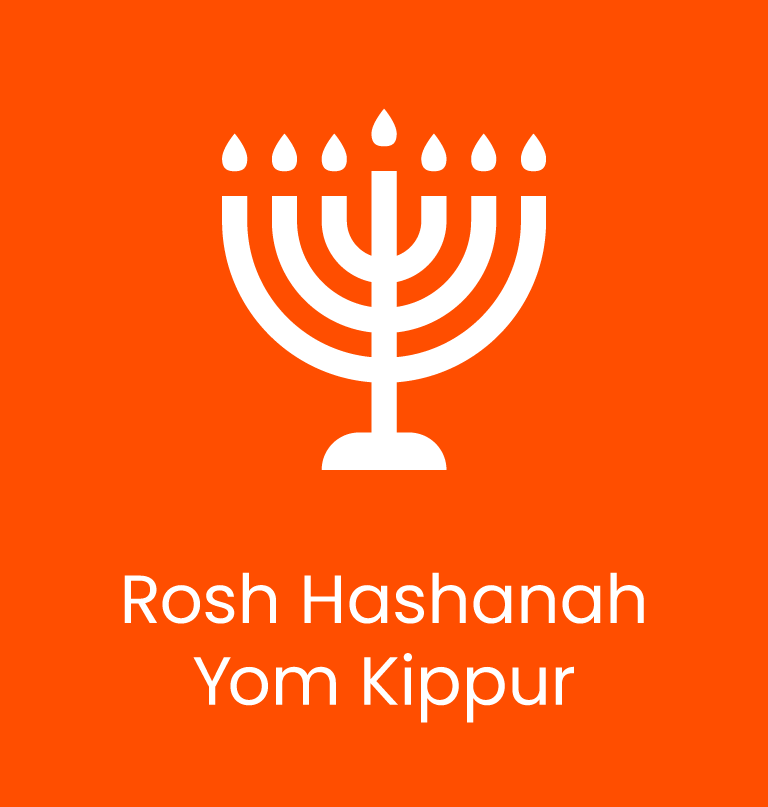
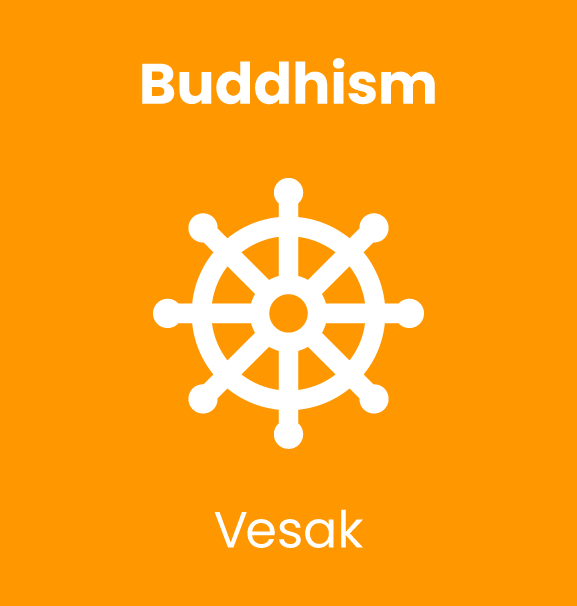
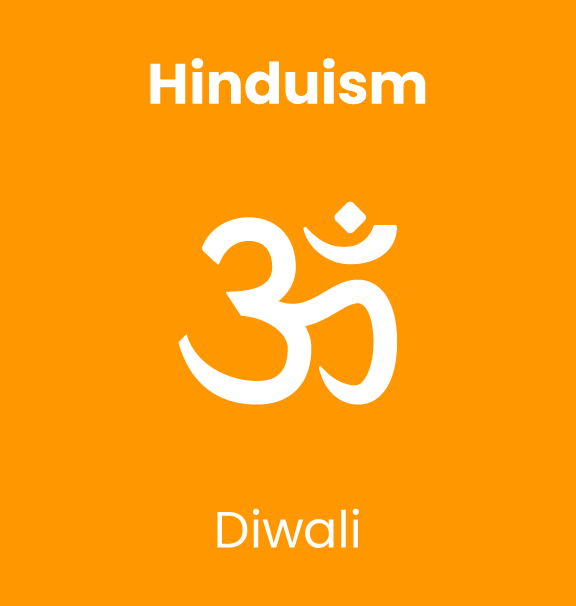
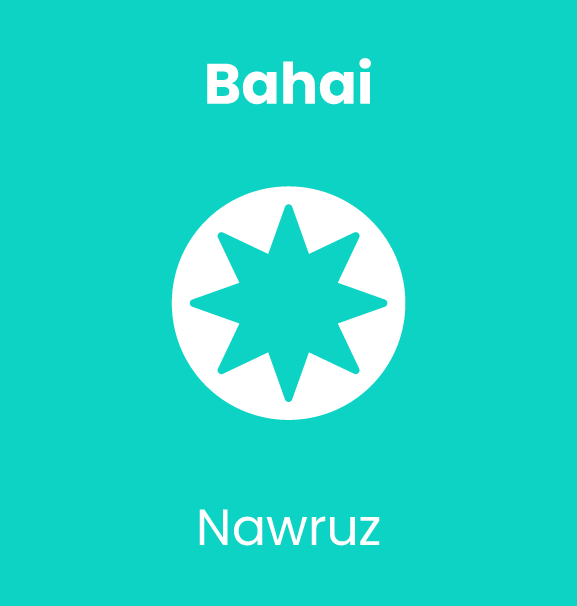
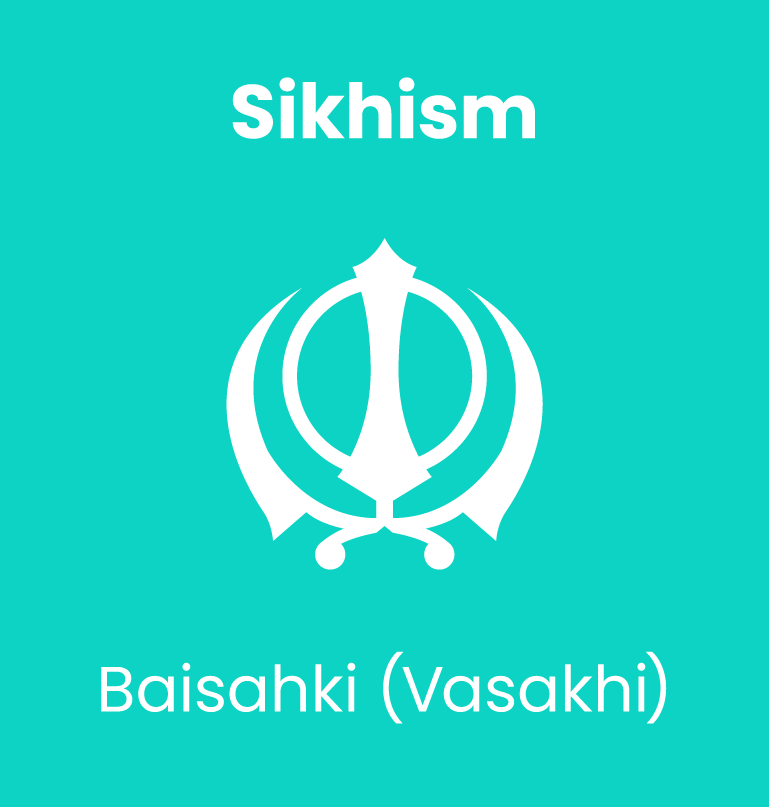
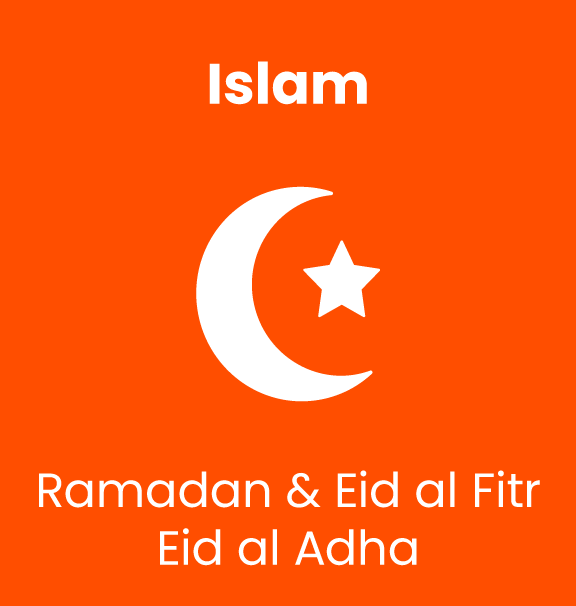
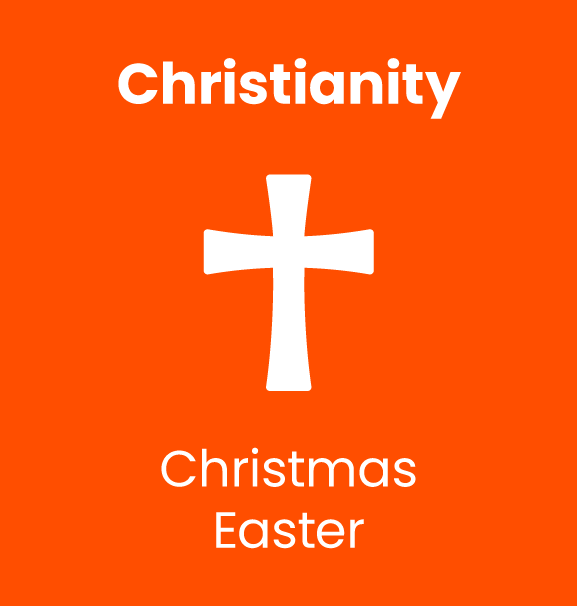
Cutural Holidays
It will also be important to ensure representation of cultural holidays from communities that may not belong to any religious community or have intersecting identities that are very important to them.
Three that I think of that fall in that category that do not have representation in religious holidays noted above are the:
